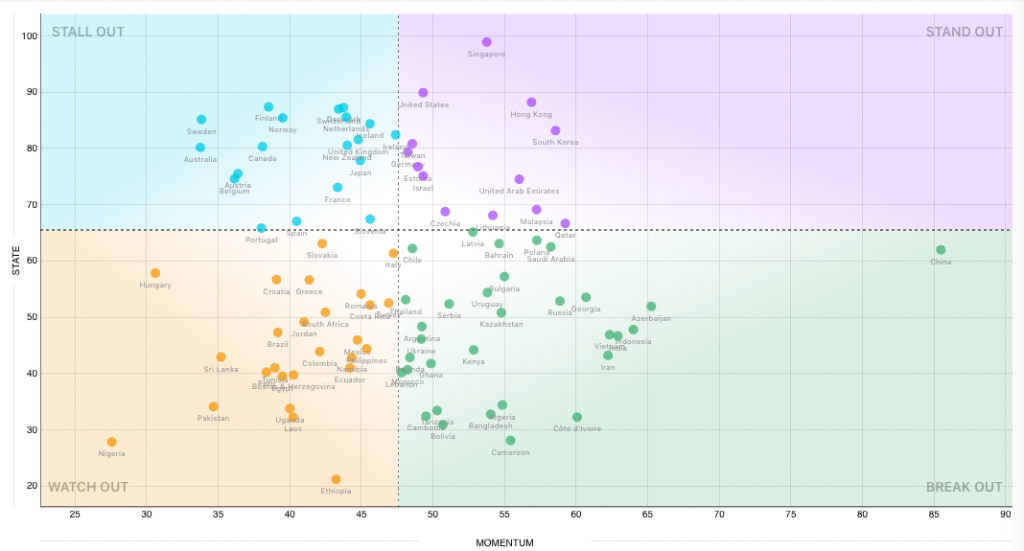
How Digital Trust Varies Across the World | Harvard Business Review
Bhaskar Chakravorti, Dean of Global Business at The Fletcher School and Director of Digital Planet, Ravi Chaturvedi, Director of Research at Digital Planet, and Ajay Bhalla, President of Cyber and Intelligence Solutions at Mastercard, share insights from the Digital Intelligence Index, which analyzes how digital trust varies across the world, in their latest article in Harvard Business Review. To answer this question, Chakravorti, Chaturvedi, and Bhalla explored four central facets of digital trust:
- The security of an economy’s digital environment
- The quality of the digital user experience
- The extent to which users report trust in their digital environment
- And the extent to which users actually use the digital tools available to them.
The DII report uses nearly 200 indicators to rank 42 global economies on their performance in each of these four facets. Insights from the report uncover a variety of significant patterns around how economies effectively establish trust, as well as how different types of trust correlate with other examples of digital development.

Excerpt from “How Digital Trust Varies Across the World”, Harvard Business Review :
The pandemic has forced rapid digitalization all around the world: Schools have transformed to support online learning, many jobs have become entirely remote, and automation has accelerated in a wide array of industries. In addition, many countries have established digital systems for contact tracing, Covid-19 testing, government relief distribution, and vaccination rollouts (albeit with mixed results). This digital growth has demonstrated the tremendous capacity for technology to add value to our society, but it has also revealed how fragile these tools — and people’s trust in those tools — can be.
To build trust in the digital systems that connect us all, it is essential first to understand how people do (or don’t) trust their digital ecosystems today. To that end, in partnership with Mastercard and Tufts University’s Fletcher School, we conducted a large-scale analysis that explored global variation in four key components of digital trust: the security and trustworthiness of an economy’s digital environment; the quality of the digital user experience; the extent to which users trust their digital environment; and the extent to which users actually use the digital tools available to them.
The resulting Digital Trust scorecard (an updated and expanded edition of the framework we published in 2018) is accompanied by an interactive policy simulator, and examines these four metrics of trust across 42 economies. Below, we describe how we measured each of these four dimensions, and then discuss some of the implications of our findings.
